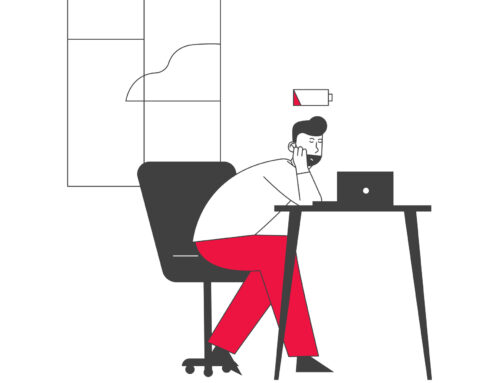Protecting Those Working During COVID-19
Shawnee Love • March 23, 2020
Over the weekend, people across the country began coming to terms with the new reality. COVID is here. We all must stay home and stay away from others unless it is absolutely necessary to go out.
Now, employers across the country are trying to figure out what work is necessary and even possible in the new reality. And, if the work is critically important and can’t be done from home, then figuring out how to protect the workers who are coming to work is our next order of business.
Beyond working from home (how to effectively manage remote work is another blog for tomorrow), here is a summary of the actions employers can take to keep their workers safe in their workplaces:
- Extra cleaning and sanitation. Sterilizing and disinfecting and scrubbing things down with soap constantly and certainly before and after shifts.
- Provide extra hand sanitizing/ hand washing stations and extra clean supplies if employees wish to wipe things down themselves.
- Organize your work areas such that social distancing is possible. 6.5′ between people please! Another way to do this is to stagger shifts such that people have space to work away from others.
- Offer personal protective equipment as available and effective. Do your homework here because I have seen a lot of conflicting information. Reliable resources include your associations, public health agencies, centers for disease control, etc.
- Put up signage directing those customers who feel sick or who have been exposed to those who may have been sick to stay home. Consider offering drop off or pick up services to those individuals rather than having them expose others to the virus.
- Notify customers and patients regarding what services and products are and are not available in advance to minimize unnecessary trips and disappointed people. To this end, never have our technology solutions been so important. Social media, newsletters, online groups, networks and communities, chats, tweets, posts, shares, e-mail services, all are being leveraged extensively right now and I for one have been seriously impressed by how technology solution providers are stepping up. Big tech companies are offering discounts, extra services and support to new and existing customers as well as continuing to employ and pay their workers remotely and be leaders in the global community for sharing knowledge, tools, and resources.
- Prevent employees who could have or have been exposed to the virus from coming to work. In order to protect all workers, you can ask employees to stay home if they are unwell. In fact, courtesy of a recent Globe and Mail article, here are a series of questions you can ask employees to ensure no one is coming to work sick:
- Are you exhibiting symptoms of COVID-19? (Common symptoms include fever, cough, difficulty breathing, sore throat, sneezing)
- Were you in close personal contact with anyone who has exhibited symptoms of COVID-19?
- Were you in the same physical vicinity with anyone who is confirmed to have COVID-19 within the last several weeks?
- Have you within the last 14 days travelled to an affected area where there was a COVID-19 outbreak (China, Iran, Italy…)?
- Were you in close personal contact with anyone who travelled to an area with a COVID-19 outbreak within the last 14 days?
- Actually, these last two questions could be replaced with “Have you or anyone you are in close personal contact with travelled outside of Canada within the last 14 days?”
- If the answer is Yes to any of these questions, you can and should tell that employee to stay home for the quarantine period of 14 days or for 7 days after all symptoms end (whichever is longer).
- For quarantining individuals, the Canadian safety net is good because there are sickness benefits under Employment Insurance which kick in with no waiting period. Issue the ROE and know you are doing the right thing.
At LoveHR, we are lucky to be able to work remotely and offer advice and services via video, phone and email. But we know that workers coming in to work are often scared of this virus and worry if they are at more risk by being at work. As such, we encourage you to make a communication plan regarding how you are keeping your employees (and customers) safe during this pandemic.
We will get through this if we all do our part, work together, share best practices, support each other and buy local. If we can help, don’t hesitate to reach out- 778.754.5683 or info@lovehr.ca.





